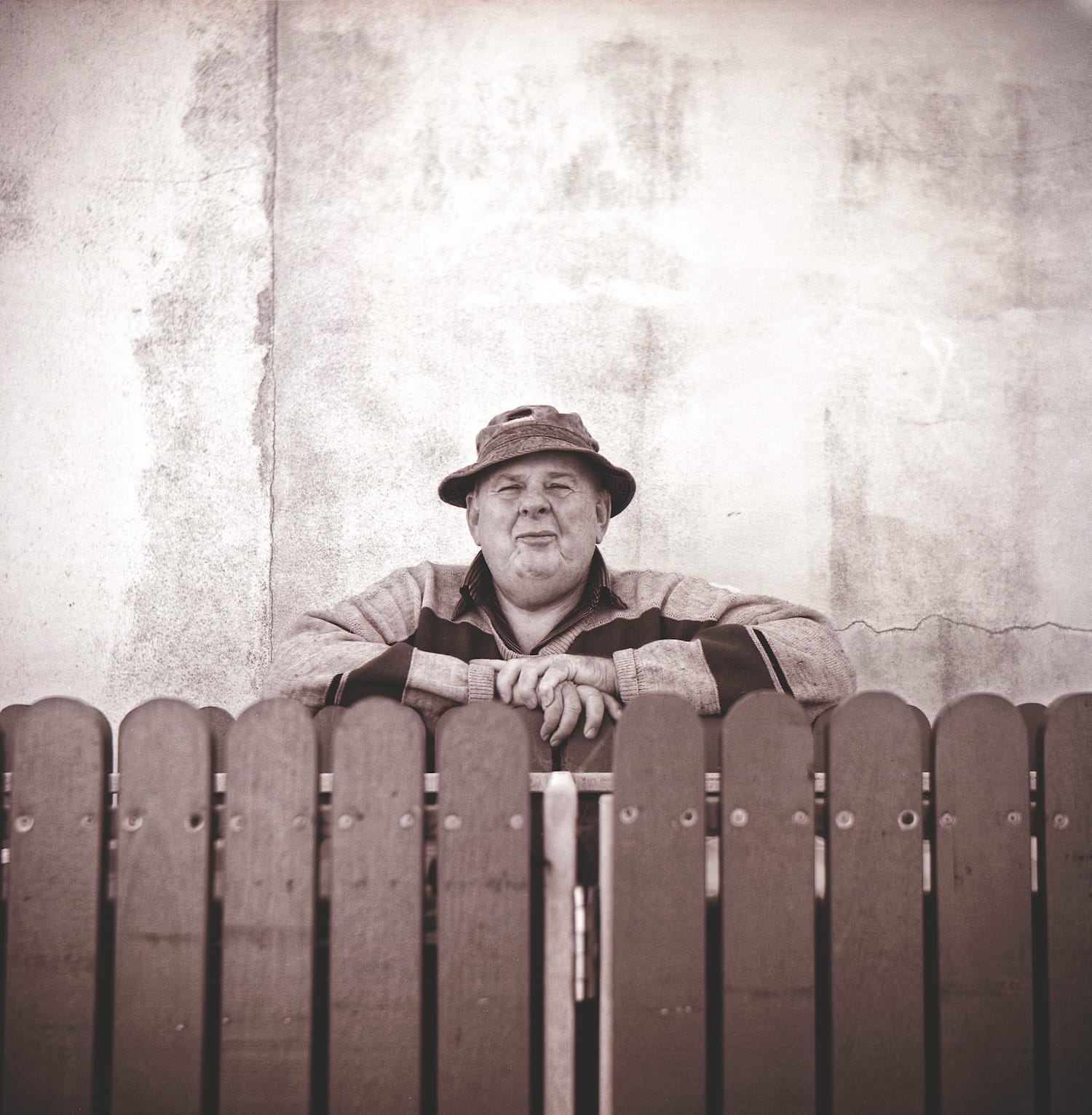
Galah's obituary writer Mark McGinness remembers our beloved bush poet.
LES Murray left us on 29th April 2019, with some 30 volumes of our country’s most visceral, original, breathtakingly bucolic verse. His fellow poets say it so well. To Peter Porter he was ‘the custodian of Australia’s soul’. Joseph Brodsky claimed, ‘it would be as myopic to regard Mr Murray as an Australian poet as to call Yeats an Irishman. He is, quite simply, the one by whom the language lives.’ To Derek Walcott, ‘There is no poetry in the English language so rooted in its sacredness, so broad-leafed in its pleasures, and yet so intimate and conversational.’
Leslie Allan Murray was born on 17th October 1938, the son of Cecil, a timber-cutter, and a nurse, Miriam Arnall, in Nabiac on the mid-north coast of New South Wales. The Murrays had left poverty in Jedburgh, Scotland, in 1848 and settled in the Manning River area. Three generations on, Cecil rented a farm in Bunyah from his father, John: ‘Dad’s father kept him poor, and they had a hell of a lot of droughts at the time too.’ While the early view of the world for Banjo Paterson, Geoffrey Dutton, Judith Wright and David Campbell had been from the homestead verandah, for Les it was from a hut. The Murrays lived in a slab house, with a shingle roof, lino on the dirt, light and wind through the walls (‘brutally harsh, smelly, idyllic childhood’). One critic thought Les’s the most destitute childhood of any poet since John Clare.
Les taught himself to read at four. Miriam had an eight-volume encyclopedia and Les read and re-read the Bible (and then ‘every book in the district’, including the Stanley Gibbons stamp catalogue). He did not go to school until he was nine—rather late, especially for a lonely, asocial, aggressive only child. In 1951, Miriam suffered the last of a number of miscarriages and poor Cecil, in calling the doctor, felt unable to describe her true condition because Aunt Jane (the biggest gossip in the area) was running the phones. Cecil blamed himself for Miriam’s death and was grief-stricken for the rest of his life.